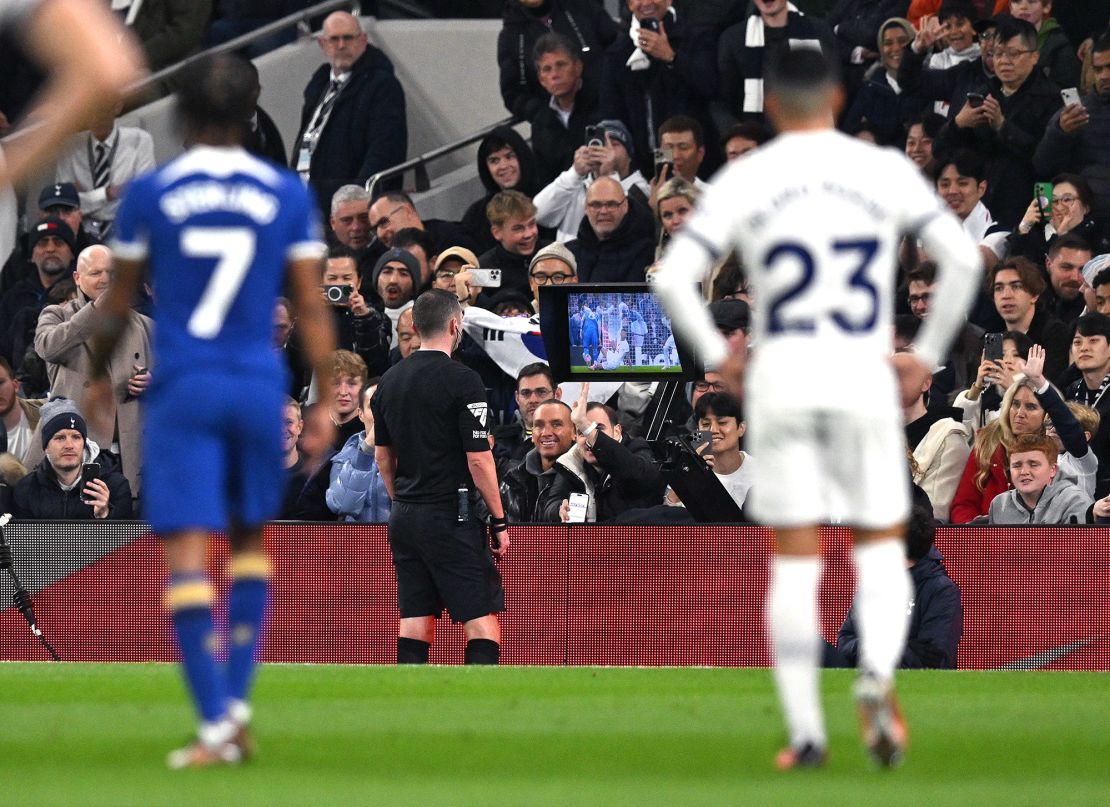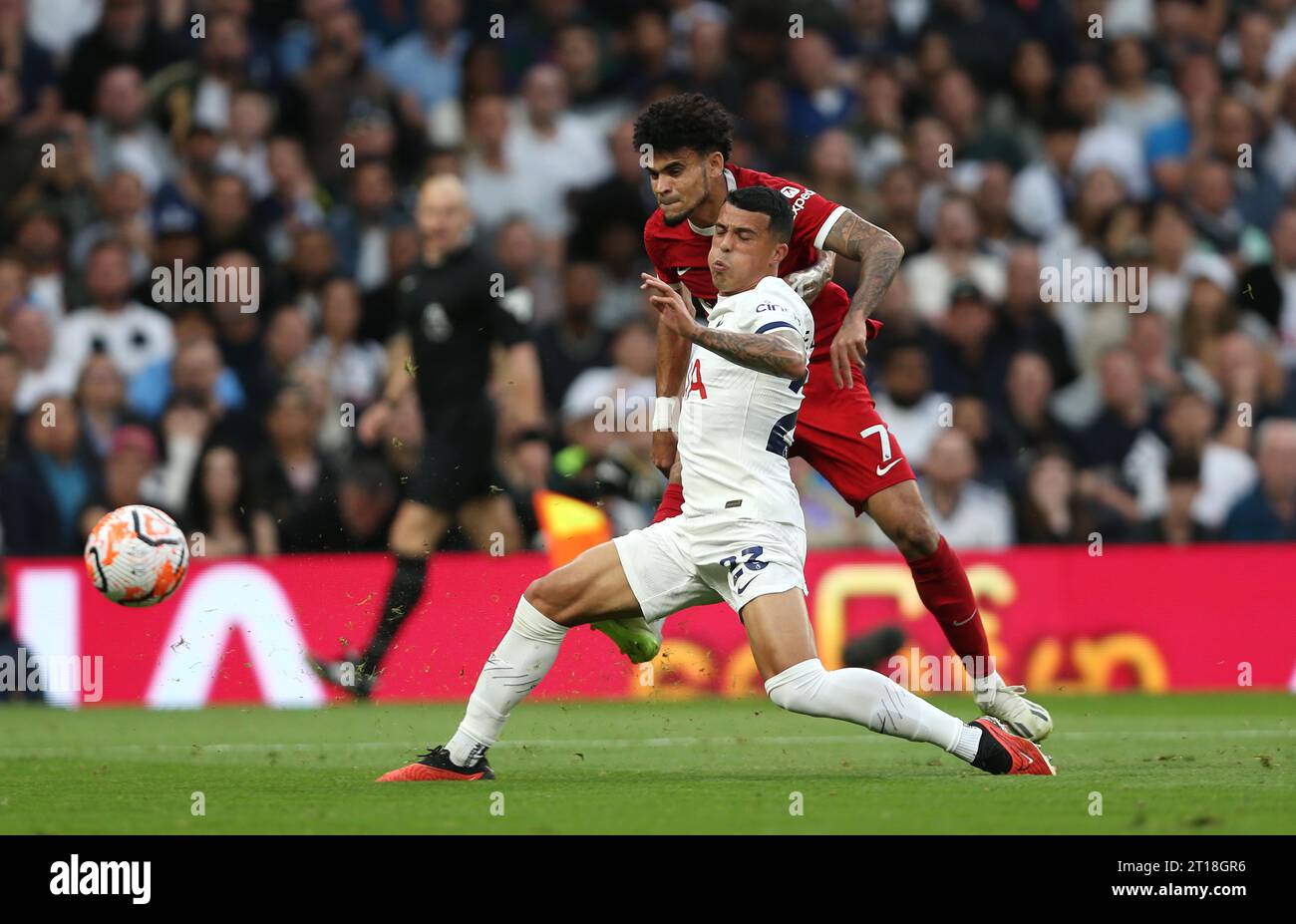

The Video Assistant Referee (VAR) system continues to cast a long shadow over the Premier League, with its influence on recent match outcomes sparking intense debate among fans and pundits alike. Introduced to increase decision-making accuracy and reduce human error, VAR's implementation has been met with both praise and criticism, particularly in high-stakes matches such as the recent clash between Liverpool and Manchester United.
In a match watched by millions, a contentious penalty decision in Manchester United's favor was overturned by VAR, drawing ire from Liverpool fans and igniting discussions about the transparency and consistency of officiating. "VAR was brought in to clear up controversy, but it's causing more confusion than ever," said former Liverpool defender Jamie Carragher during his analysis on Sky Sports. The incident epitomizes the ongoing struggle to balance technological intervention with the flow of the game.
The VAR Debate: A Double-Edged Sword
While VAR's primary goal is to aid referees in making the correct decisions, its implementation has often disrupted the natural rhythm of matches. Critics argue that prolonged interruptions for reviews can detract from the spectacle, with instances of referees consulting pitch-side monitors for extended periods. According to BBC Sport, match disruption has become a frequent complaint, with some fans advocating for a more streamlined process.
The Premier League's VAR protocol allows for intervention in four key areas: goals, penalties, direct red cards, and mistaken identity. Yet, the subjectivity involved in interpreting these events continues to fuel debate. As The Guardian reports, the lack of consistency in decisions has led to calls for clearer guidelines and improved communication between referees and VAR officials.

Recent Instances and Statistical Insights
The match between Tottenham Hotspur and Liverpool also highlighted VAR's contentious role, with a goal by Liverpool's Luis Díaz disallowed for offside. This incident, which The Times describes as "marginal at best," reignited debates over the precision of offside calls and the technology's ability to accurately determine millimetric decisions.
Statistically, since the introduction of VAR, offside decisions have been corrected more frequently, with an average of one overturned call every three games, according to Opta. This has improved accuracy but at the cost of dramatic moments that are sometimes decided by the narrowest of margins.
Looking Ahead: Potential Improvements
Despite its controversies, VAR is here to stay, with league officials committed to refining its application. Suggestions for improvement include faster decision-making, clearer communication with fans, and greater transparency in how decisions are reached. As stated by Premier League Chief Executive Richard Masters, "We are listening to feedback and are committed to enhancing the matchday experience while maintaining our commitment to fair and accurate officiating."
The Premier League is exploring ways to minimize delays, such as introducing a dedicated VAR official to provide real-time explanations to spectators and viewers. Additionally, there is talk of using enhanced graphics to better visualize offside lines and other contentious issues, potentially reducing confusion and controversy.

Conclusion: A Future with VAR
As the debate over VAR continues, its impact on the Premier League remains undeniable. While it has succeeded in correcting many clear errors, the quest for perfection in officiating is an evolving challenge. The league's efforts to address concerns and adapt to feedback will be crucial in shaping the future of VAR. Fans, players, and officials alike hope that these adjustments will preserve the integrity of the game while enhancing the experience for all involved.